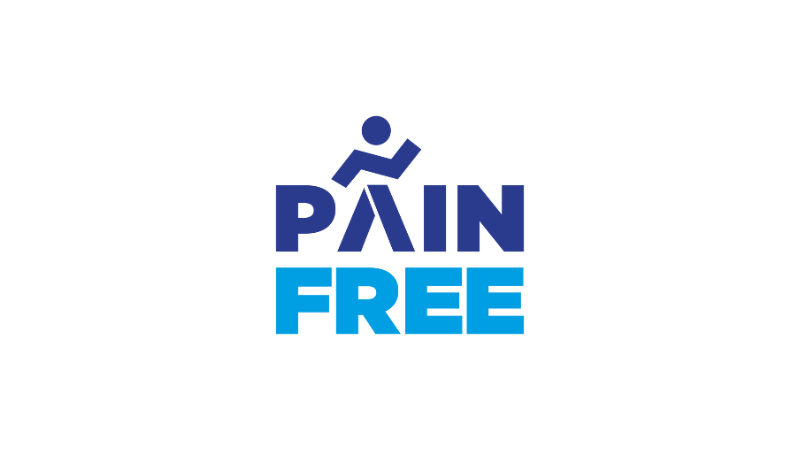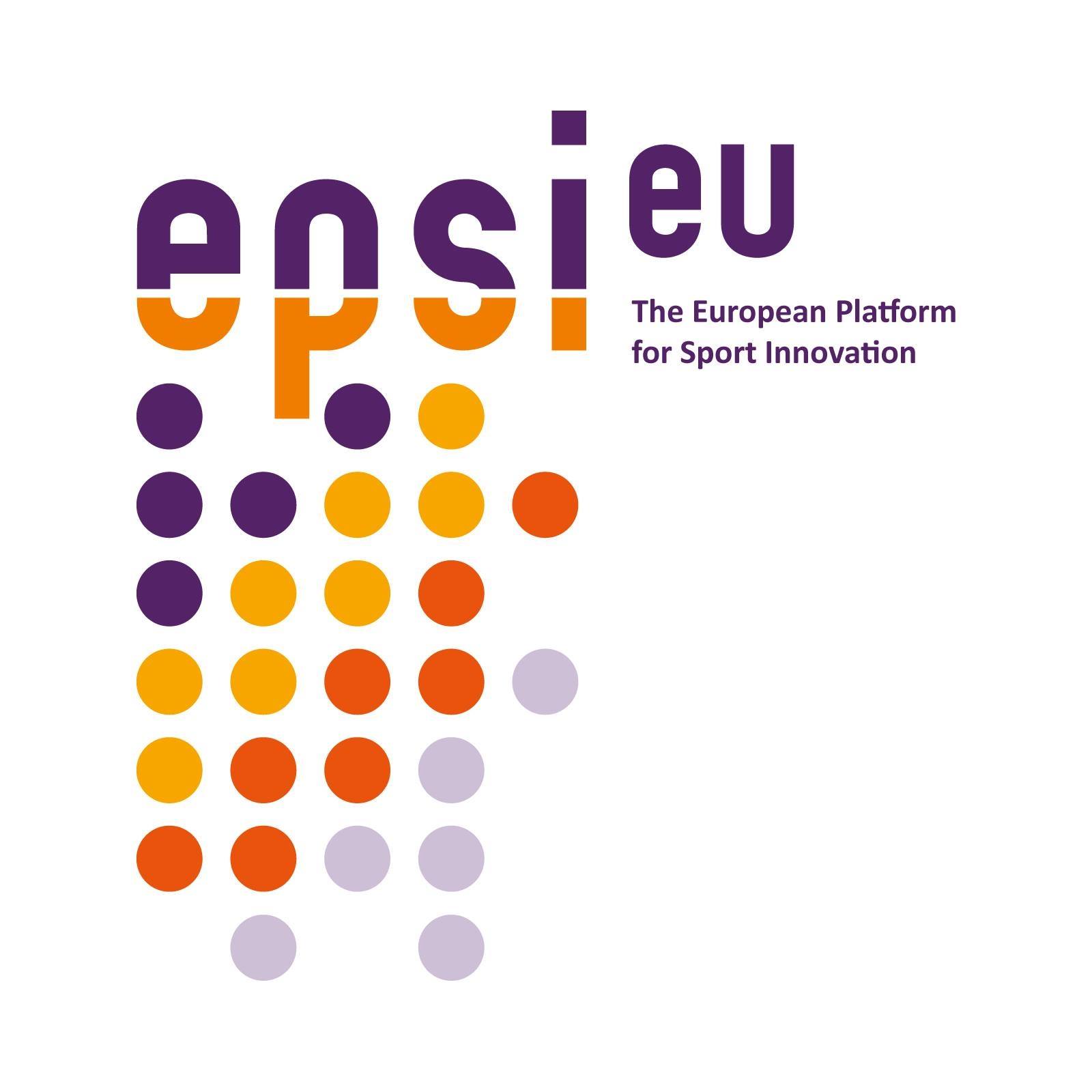
The Project
The Erasmus+ Painfree project aims to raise awareness about back pain among the global population, affecting 1.71 billion people. It will promote healthy lifestyles, physical activity, and sports through events and training classes. The initiative benefits both workplace participants and professional athletes in the field.
project summary
According to research from the Global Burden of Disease (GBD) 2019, 1.71 billion individuals worldwide suffer from musculoskeletal problems, such as neck and lower back pain discomfort. Back pain and discomfort can affect everyone, whether they are young or old. It is accountable for YLDs (years of healthy life lost due to disability), direct health care costs, as well as indirect costs from lost productivity and absenteeism from work. This project will conduct a study on ways to foster a healthy lifestyle in workplaces and encourage physical exercise and sports that will improve health. This will include a variety of regional events once a year during the EU Sports Week, as well as training classes on how to manage back pain on one’s own from specialists such as sports instructors, trainers, and medical experts in back pain.
The Painfree project aims to address the widespread problem of back pain and increase knowledge of its causes and practical preventative measures through physical activity and sport. The objective is to create an educational program with evidence-based techniques that can help everyone manage their back pain and improve their well-being and quality of life. Direct beneficiaries of the initiative include the target population (workplace participants), who will gain from the provided activities, as well as the professional group consisting of sports operators, sports instructors and trainers, and medical experts in back pain, who will contribute their knowledge to the capacity-building process.
Project Objectives
The “Painfree” project’s primary objective is to address the global issue of back pain, raise awareness about its causes and effective preventative measures through physical activity and sport. This project will catalyze enhancing understanding of this issue by providing evidence-based strategies that can aid everyone in managing their back pain and enhance their well-being and quality of life.
Activity 1
Development of an educational program on back pain to enhance understanding of its causes, when and which doctors to consult, prevention strategies, as well as a self-care strategy to manage through physical activity and sport.
Activity 2
Organization of workshops and training sessions or local activities. Sport operators, sport instructors and trainers, and medical experts in back pain will learn how to create a motivating environment by putting into practice the educational program.
Activity 3
Collection of Digital Content and development of a digital app with engaging content and helpful features, to assist people in managing their back pain discomfort at their workspace.
Activity 4
Spread knowledge of the disability caused by back pain, as well as its causes and methods of prevention through physical activity and regular sport activity
The project timeline and road map are coming soon… stay updated!
Erasmus+ Sport, 2021-2027
Funded by the European Union. Views and opinions expressed are however those of the author(s) only and do not necessarily reflect those of the European Union or the European Education and Culture Executive Agency (EACEA). Neither the European Union nor EACEA can be held responsible for them.
Latest Project News and events
Triumphs on the Court, Transformations in Coaching: Join HIEP Project
Building on their successes, the Italian Handball Federation, Olympiacos SFP and other esteemed organisations are collaborating on an ambitious initiative: the Handball International Education Project (HIEP). The aim: to revolutionize the training and development of handball coaches across Europe.
Pioneering sports innovation and business development with space technology
EPSI is strongly working for the innovation of sports by exploring the benefits space systems can have in the sector. “Satellite Navigation for Hike Trail Gamification” (and the BST HIKES app) co-funded by ESA, demonstrates the concrete application of this system. And it already looks to a wider future in Europe.
82% of survey participants evaluated EPSi positively
Nearly 82% of respondents said they are very likely or very likely with EPSI in general. We are proud of this strong endorsement which reflects the value members find in being part of the EPSI network.

